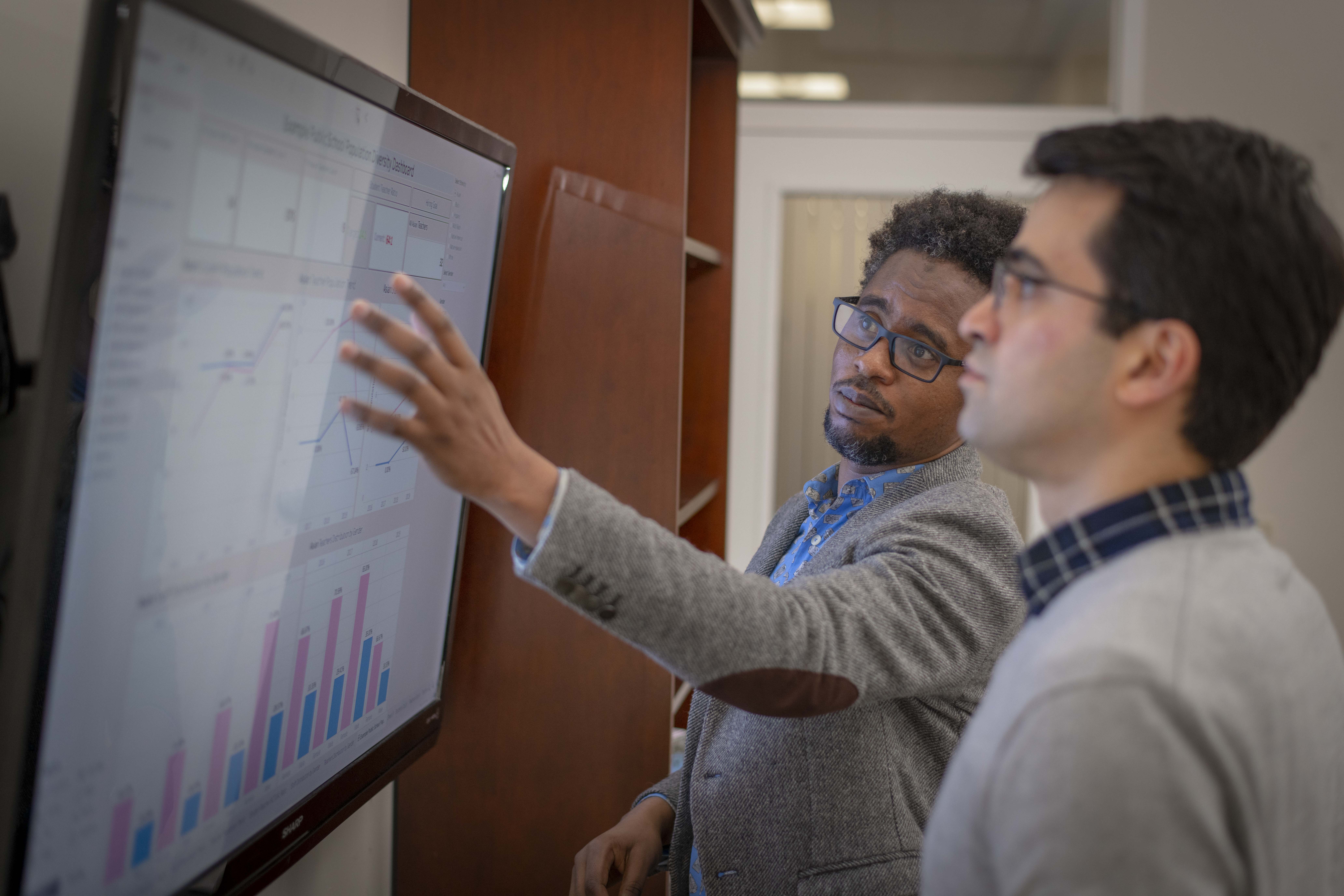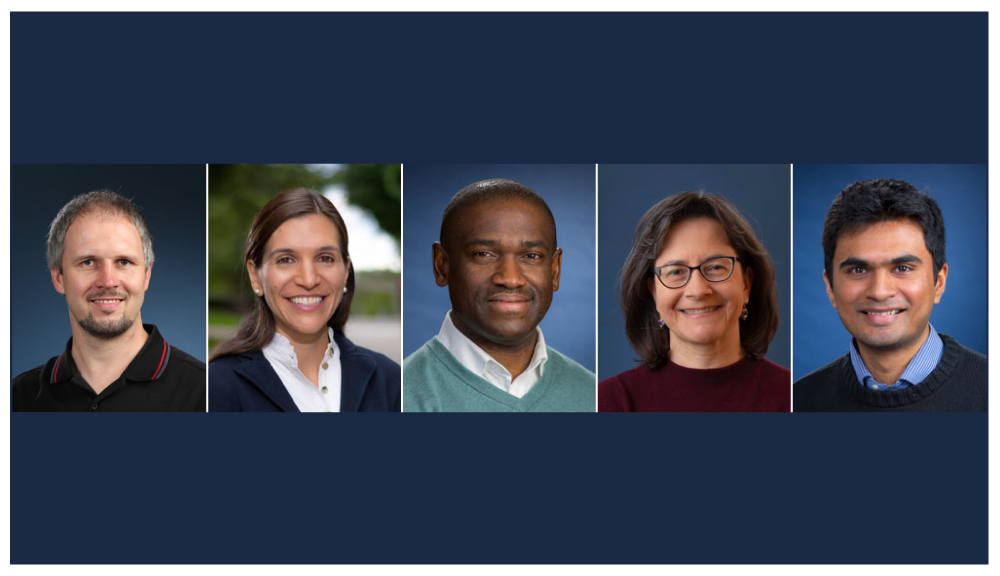Worcester Polytechnic Institute (WPI), which launched one of the first master’s programs in data science in 2014, will offer the nation’s first interdisciplinary PhD program in the field beginning this fall. The program, which draws on WPI’s faculty expertise in business, computer science, and mathematical sciences, is designed to meet a growing demand for highly trained scientists with transdisciplinary technical and scientific expertise who can solve problems at the cutting edge of big data analytics for corporations, government laboratories, and universities.
"We live in the era of big data," said Elke Rundensteiner, PhD, professor of computer science and director of WPI’s Data Science Program. "Large volumes of digital data rich in variety and complexity are being generated in practically all domains, including business, healthcare, telecommunications, science, and engineering. The ability to extract insights from this data is becoming a vital skill, for our economic and societal well-being, and has created a tremendous demand for data scientists who are well versed in analytics and computing, can work in teams, and have strong statistical skills and a keen business sense."
Rundensteiner says WPI’s master’s program in data science, through which students may earn either a master of science degree or a graduate certificate, has been designed to give students this interdisciplinary background. The program has proven extremely popular, with applications more than doubling between the program’s first and second years (the 2014 and 2015 cohorts were limited to 40 students each to ensure program quality).
Rundensteiner says the decision to add the PhD program was made after the university received considerable interest in a doctoral program from students at WPI and other universities. In addition, she said the program’s faculty members are increasingly hearing from people in industry, government, and academia, who are finding it difficult to hire data scientists with the advanced skills, research experience, and multi-disciplinary knowledge needed to take on leadership positions in their organizations.
"Our goal is to prepare future academic faculty members, senior scientists in industry, and principal investigators in national institutions who are ready to take on data-centric challenges of national importance, including predictive analytics to identify cyber threats, big data integration for healthcare, and data-driven applications that will empower communities to improve their sustainability and social well-being," Rundensteiner said.
The MITRE Corporation in Bedford, Mass., is one of many companies that have already expressed an interest in hiring WPI’s future data science PhD graduates. “The radical changes in computational power and data access are creating game-changing analytics opportunities that WPI is seizing through its new data science PhD degree program,” said Les Servi, PhD, decision analytics group leader at MITRE. "The program’s interdisciplinary requirements in mathematical sciences, business, and computer science should produce graduates who will be in high demand in industry and government in the domains that leverage analytics."
Students in the new PhD program will complete course work that will give them a breadth of knowledge in mathematical analysis, data access and management, data analytics and mining, and business intelligence. Degree candidates also dive into research at the cutting edge of data science, working closely with members of the core data science faculty, who are drawn from the departments of Computer Science and Mathematical Sciences, and the Robert A. Foisie School of Business, as well as affiliated faculty members in WPI’s Electrical and Computer Engineering and Social Science and Policy Studies departments and its Bioinformatics and Computational Biology and Learning Sciences and Technology programs.
"Our data science faculty members offer students a wide range of research expertise," Rundensteiner said, "including big data infrastructures and network analysis for cybersecurity, event-stream mining, urban planning, and sustainability, to name just a few areas. By working side-by-side with these exceptional researchers and our industrial partners, our students will be well prepared to become leaders in data science and to develop disruptive and transformative breakthroughs to solve important real-world problems."


